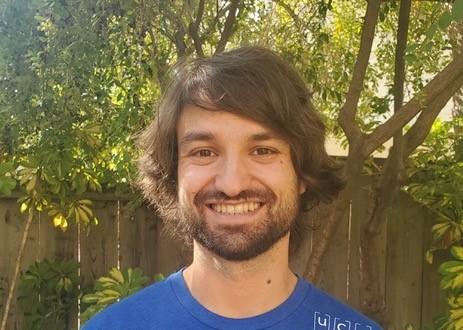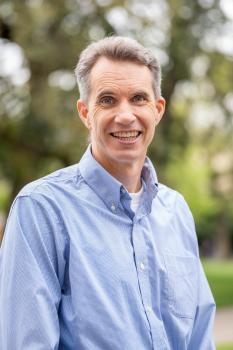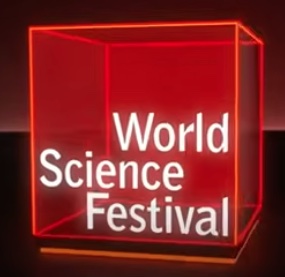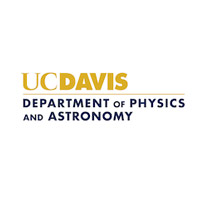
Matthew Citron has been selected to the 2025-2026 UC Davis Society of Hellman Fellows.
The Award Abstract reads: We do not know what comprises 85% of the universe. Uncovering the nature of such "dark matter" would address one of the most important mysteries in modern science. Excitingly, dark matter may not be a single particle, but could instead be a diverse set of particles tha form a complex "dark universe". This proposal seeks to search for an exciting signature of this dark universe by constructing the FermiLAb Millicharged Experiment (FLAME) at the high intensity Fermilab proton beam facility. This award will help inspire the physicists of the future by funding undergraduate students to construct and operate FLAME.








